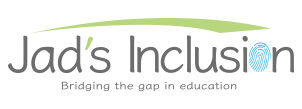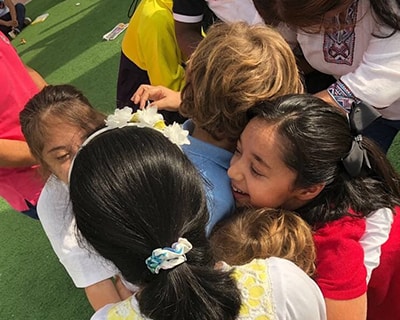The functional skills program incorporates skills that are essential for the student to live as independently as possible and improve the quality of life. Teaching these skills to make them less dependent on their caregiver and reduce problem behaviors. Functional skills can be classified into five domains namely Life Skills, Social Skills, Functional Academic Skills, Community Based Learning Skills and Pre-Vocational Skills.
Assessment is done in all the different subdomains of the five domains in order to identify IEP goals for each student. The goals are selected based on priority and relevance and are customized to the needs of each student.
Life skills include activities of daily life like Eating, Drinking, Dressing, Grooming, Toileting, etc. If the student is not taught these skills the caregiver will have to do it for them as these are unavoidable tasks that need to be done on a daily basis. Teaching these skills will not only make the student independent it also gives relief to the caregiver. It also includes basic communication skills like Requesting, Choice making, etc. These skills allow the child to express their needs so there is less frustration hence it reduces triggering of tantrums to quite an extent.
Social skills include skills that will help the student function better in the community and improve quality of life example: socialization skills, play, and leisure skills, social etiquette, etc.
Pre-Vocational skills are tailored to meet the needs of the student when he/she goes into a vocational/work environment. These skills are pre-requisites to prepare them for future employment. Pre-vocational skills include following directions, transition skills, staying on task, working with others, dressing appropriately, etc.
Functional academics include functional reading skills like reading their name, important sight words (toilet, danger, stop, etc) and recognizing everyday signs and symbols. Functional maths includes basic number concept, time, money and calendar skills. It also includes functional use of technology and gadgets like phone, computer, iPad, etc. These skills allow the student to lead a more independent life.
Community-based learning skills include using public transportation, shopping skills, road safety, choice-making in restaurants, etc. Learning these skills enables students to be more confident in helping around the house and moving about in the community.
The purpose of teaching functional skills is that the student is as independent as possible and is a productive member of the family and community. This is done by giving the student exposure to different settings in the community through trips and social events/ interactions so that the skills mastered in the school setting is generalized to the home and community settings.








